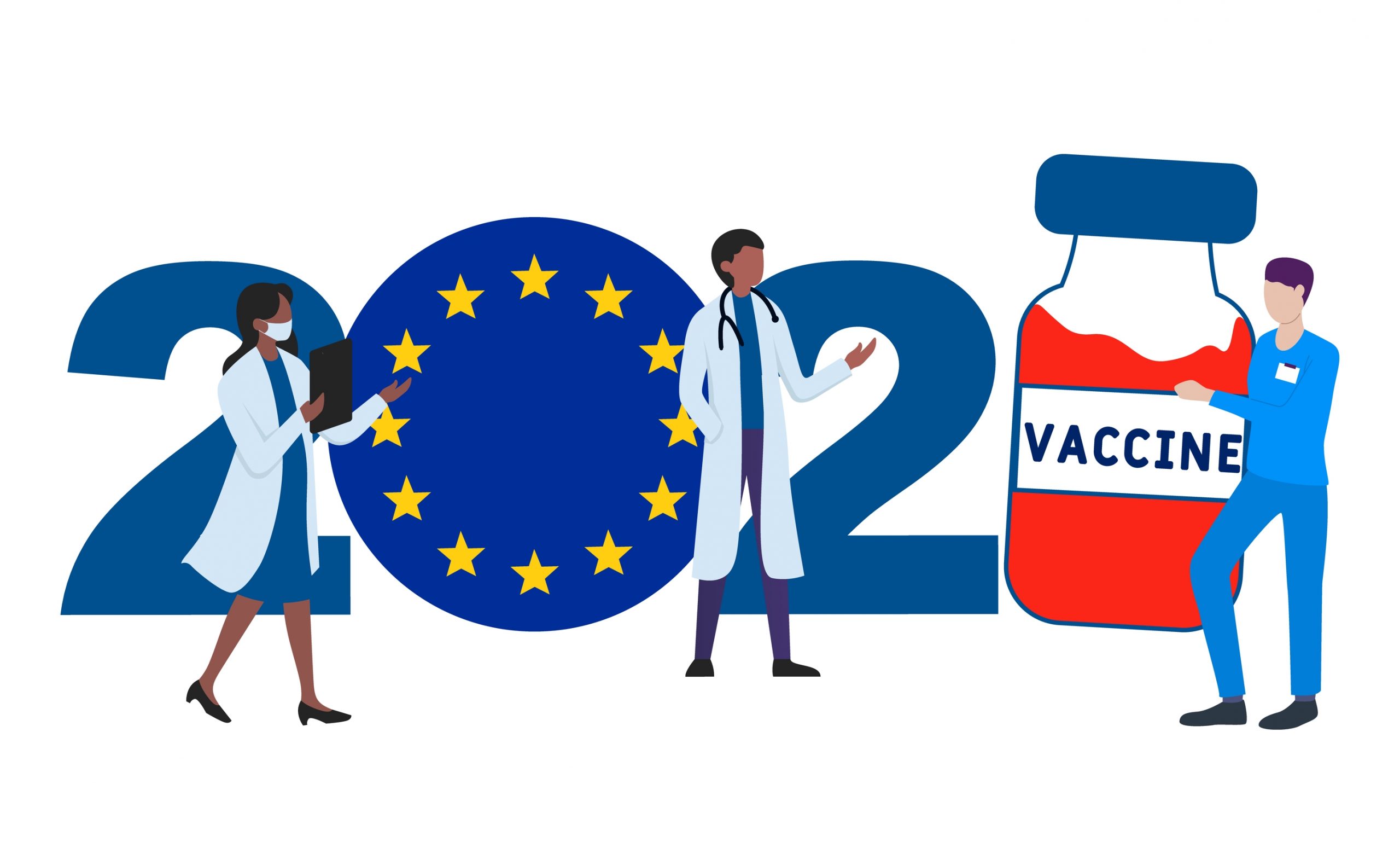
As COVID-19 rages around the world, the global approach to stopping the spread of the virus has ranged from domestic and regional travel bans to national lockdowns and curfews. In addition to these measures, some governments have also made negative COVID-19 test results a prerequisite for international travelers seeking to enter their countries. As the first round of vaccines rolls out around the world, there is hope that widespread inoculation against the disease will prove the most productive and enduring solution to reducing its global transmission. As vaccines become more widely available, will countries begin to require vaccination before travel? Read on for more information about the current preconditions for travel to the Schengen area, and for more information about possible mandatory COVID-19 vaccination for visa requirements.
Schengen Visas
- The COVID-19 pandemic has complicated the Schengen application process, creating delays and other impediments for visa-seeking applicants.
- As of right now, the Schengen area has a universal travel ban in place affecting all non-essential travel for citizens from most countries outside the Schengen area, including the United States, the U.K., and the overwhelming majority of non-EU states.
- Additionally, travelers coming from outside the Schengen area in many cases must now show evidence of having tested negative for coronavirus in order to enter most of the 26-Member States, such as Spain and France, or otherwise face bans from entering and/or mandatory quarantines upon arrival.
- At the moment, would-be Schengen visa applicants from non-Schengen countries who are travelling for non-essential reasons will face restrictions on applying for Schengen visas, unless their country has specifically been taken off list of EU banned countries.
COVID-19 Vaccination in Europe
- The 26 countries comprising the Schengen area decide collectively on visa requirements for those seeking to enter the bloc
- On December 22nd, the European Commission approved the BioNTech/Pfizer vaccine for use throughout the European Union.
- However, despite approval, as of right now, European countries do not have widespread access to any of the coronavirus vaccines.
- As time goes on, and Europe collectively receives greater access to a variety of vaccines, the prospect of requiring travelers to receive the vaccine could become a realistic policy goal for the continent in general and the Schengen area in particular.
- Already, individual European countries are making provisions to potentially ban unvaccinated citizens from certain forms of domestic travel. For example, France, which is expected to begin offering the vaccine nationally on December 27th, is preparing a bill to prohibit unvaccinated individuals from using the subway and other forms of public transportation.
- As the above example suggests, states are already moving to impose domestic initiatives to restrict the inner movement of their own unvaccinated civilians. These same states are unlikely to balk at imposing similar or even increased vaccination requirements on foreigners who seek to enter their respective countries from outside Europe.
COVID-19 Vaccination Before Travel?
- As of right now, the Schengen area does not require applicants to receive a COVID-19 vaccination for visa.
- As vaccination in Europe becomes more widespread, getting vaccinated might become a prerequisite for obtaining Schengen visas going forward.
- If application processes for Schengen visas required applicants to be vaccinated, this would represent yet another barrier for would-be travelers to the Schengen area.
- Another potential drawback to adopting a vaccine-for-entry policy is that not all countries are expected to receive the vaccine at the same time: internationally, different countries will likely get a head start on inoculating their citizens; domestically, certain citizens will be vaccinated before others, depending on their age, profession, and other factors.
- Because Europe does not currently have widespread access to the vaccine, making travelers from outside the continent get a vaccination before entering is not a realistic requirement at the moment.
- However, as time goes on and vaccines become more widespread, the likelihood of travelers being forced to provide evidence of having been vaccinated in order to enter certain countries and territories – including the Schengen area – could rise. Check back at the blog for the latest information on entry requirements for the Schengen area!